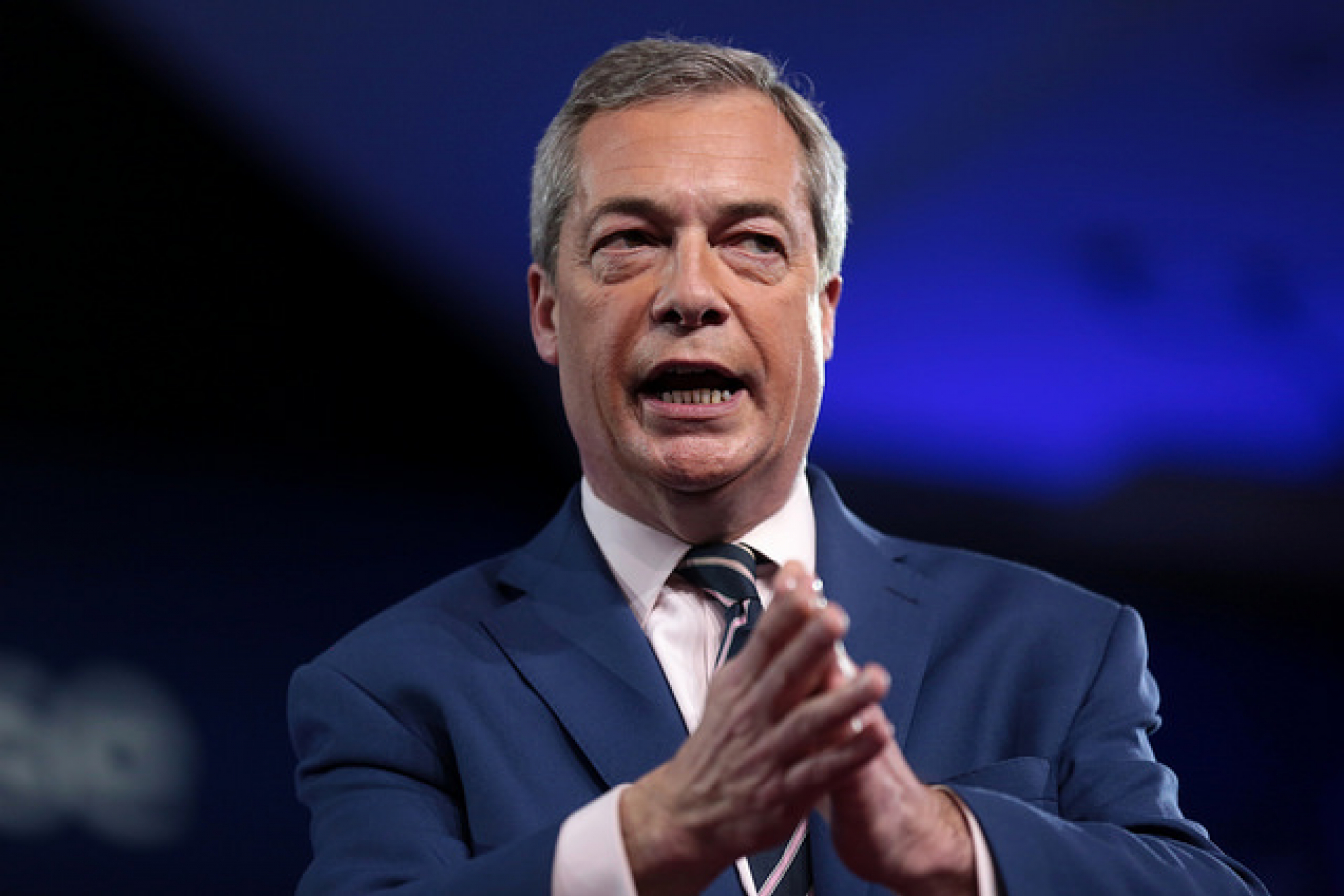March 29 is the date UK Prime Minister, Theresa May, looks set to trigger EU exit talks under Article 50, following an announcement made by Downing Street. A letter written by Mrs May will formally notify the European Council of Britain’s intention to withdraw from the EU, setting in motion a two-year negotiation process.
Many UK visa related issues will remain uncertain for some time. For example, will the Tier 2 Sponsorship Licence system and Tier 2 visas become easier after the UK leaves the EU? Will there be a similar system to the Tier 2 visa system for new EU migrant workers after Brexit?
The UK is now expected to officially leave the European Union on March 29, 2019. On Monday, 20 March 2017, Britain’s ambassador to the EU, Sir Tim Barrow, confirmed Theresa May’s plans with the office of European Council President, Donald Tusk.
After approval from the Queen, the Brexit Bill – officially recognised as the European Union (Notification of Withdrawal) Bill – was given the go ahead. An official spokesman for the Prime Minister said: “We want negotiations to start promptly. We have said we expect this to be a two-year process and we are confident that is what we will achieve.”
Brexit Article 50 leave process to be initiated at end of March
According to a report published in The Metro, Downing Street’s announcement means that the Prime Minister will ‘meet her self-imposed, end of March deadline’ to initiate Brexit.
The way was paved to start proceedings after the European Union (Notification of Withdrawal) Act was given the green light via royal sanction, after the Supreme Court ruled that the Prime Minister would need to obtain approval from both Houses of Parliament – lords and Commons - to trigger Article 50.
It’s understood that Theresa May will address MPs by way of a statement to the House of Commons, immediately after her regular weekly session of Prime Minister’s Questions on March 29.
Once the Prime Minister formally triggers Brexit, Tusk is expected to give a response to the notification within 48 hours. Meanwhile, according to The Metro report, an ‘extraordinary gathering of the remaining 27 EU member states’ looks set to be called within the next four to six weeks.
The purpose of the summit is to plan a directive for the European Commission’s chief negotiator, Michel Barnier, with a view to starting serious talks in May.
What does Brexit mean for UK Visas?
Much of the build up to Brexit has centred on UK immigration, with speculation rife over what will happen to EU citizens in the UK and British-born expats living in EU member states.
Regarding EU nationals who have a right to permanent residence in Britain – for which they become eligible after five years living in the UK – they will be allowed to remain.
However, the rights of other EU nationals are likely to be determined by the outcome of Brexit negotiations, and how Parliament decides to act once Britain’s exit from the EU is concluded.
Meanwhile, the status of British nationals who live and work across EU member states is also dependent on the type of deal struck. Should the UK government move to introduce work permit restrictions for EU nationals, Britain can expect EU member states to do the same for British citizens – meaning Britons would have to apply for visas to work in the EU.
Theresa May has reiterated her intention to reduce net UK immigration numbers down to what she describes as a ‘sustainable’ level. The Prime Minister defines this as less than 100,000 per year.
The most recent figures, in the year to September, put UK immigration levels at 273,000 per year. Data shows that 165,000 were EU citizens, while 164,000 arrived in the UK from outside the EU on Tier 2 visas and via other immigration routes. The overall figure is estimated to be 49,000 lower than the previous year.
Who will determine the outcome of the Brexit deal?
According to the Prime Minister, there will be a Commons and Lords vote to authorise any deal struck between the UK and the remaining EU member states following the two-year exit process. Any terms will require agreement from the European Parliament, while British MEPs will get an opportunity to vote on it there, too.




